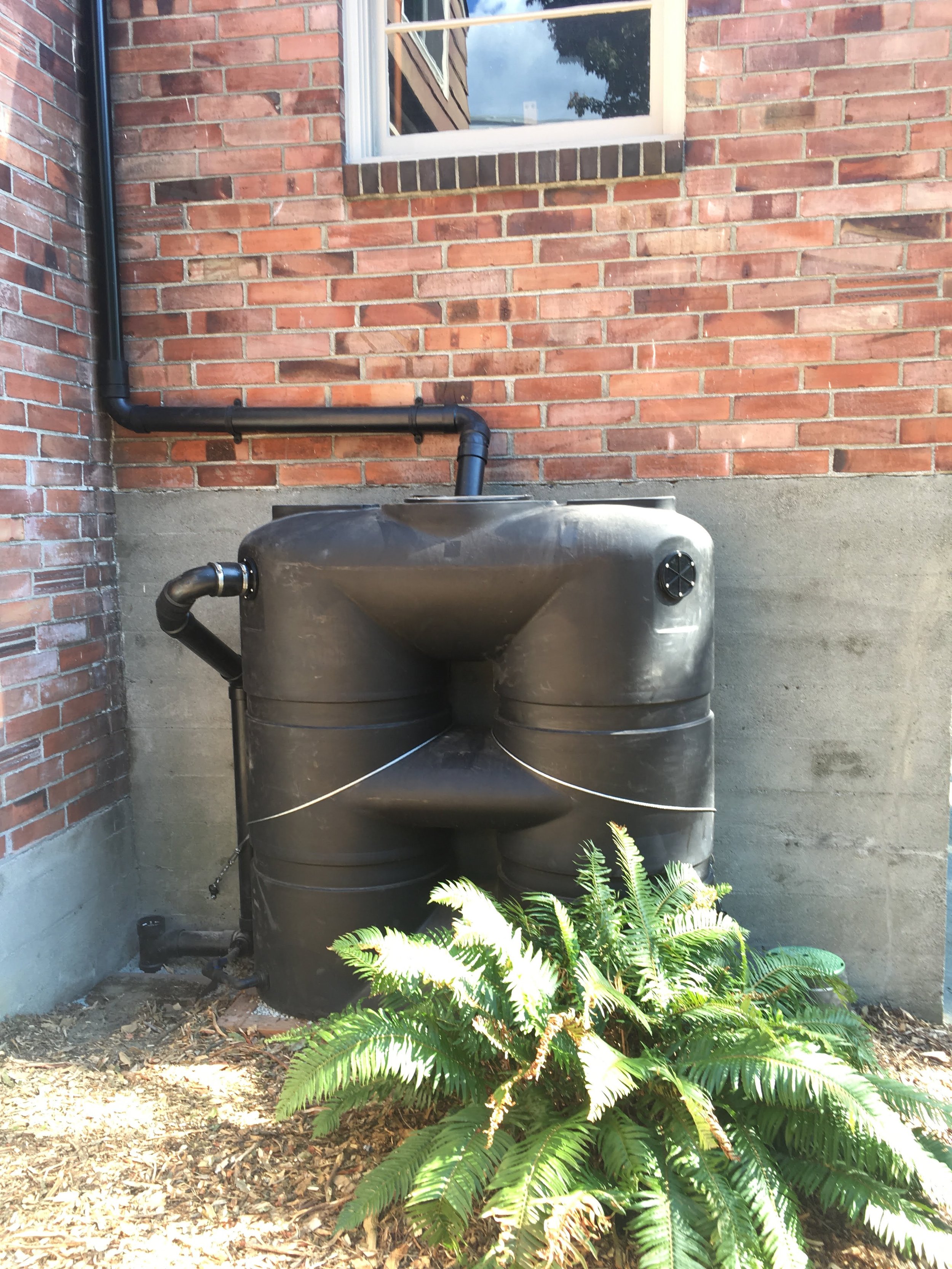Cisterns are a valuable resource for sustainable water management. These water storage systems, designed to capture and store rainwater, offer numerous benefits that go beyond conserving water. In this article, we will delve into the advantages of cisterns and how they contribute to a more eco-friendly and cost-effective approach to water usage.
Efficient Water Conservation: Cisterns allow homeowners to harness rainwater, a freely available resource, and store it for later use. By collecting rainwater, cisterns can significantly reduce reliance on municipal water supplies, especially for non-potable uses like irrigation, landscaping, and cleaning. This reduces strain on local water sources and contributes to overall water conservation efforts, making cisterns an environmentally responsible choice.
Cost Savings: Implementing cisterns can lead to substantial cost savings over time. By utilizing rainwater for activities such as watering gardens, washing vehicles, or flushing toilets, homeowners can significantly reduce their water bills. The initial investment in a cistern system can be offset by the long-term financial benefits of reduced water consumption, particularly in areas with water scarcity or high water prices.
Stormwater Management: Cisterns play a crucial role in stormwater management by capturing rainwater that would otherwise contribute to runoff. Stormwater runoff can overwhelm municipal sewer systems, leading to flooding and pollution of natural water bodies. By diverting rainwater into cisterns, homeowners can help alleviate these issues, mitigating the strain on local infrastructure and reducing the risk of water pollution.
Drought Resilience: During periods of drought or water restrictions, cisterns provide a reliable alternative water source. The stored rainwater can be used to maintain outdoor landscapes and gardens, ensuring their vitality even during water-scarce conditions. By incorporating cisterns into their water management plans, homeowners can promote drought resilience and minimize the impact of water shortages on their properties.
Flexibility and Customization: Cisterns come in various sizes and designs, allowing homeowners to choose a system that best suits their needs and available space. From above-ground tanks to underground cisterns, there are options to accommodate different property layouts and aesthetic preferences. Additionally, cistern systems can be integrated with rainwater harvesting systems, such as gutters and downspouts, to optimize water capture and storage efficiency.
Environmental Benefits: The use of cisterns contributes to broader environmental benefits. By reducing reliance on traditional water sources, cisterns help conserve energy and reduce greenhouse gas emissions associated with water treatment and distribution. Furthermore, by decreasing stormwater runoff, cisterns contribute to improved water quality, as they prevent pollutants from entering natural water bodies, protecting local ecosystems and aquatic life.
Cisterns offer a range of benefits that promote sustainable water management, cost savings, and environmental stewardship. From conserving water and reducing water bills to mitigating stormwater runoff and enhancing drought resilience, cisterns provide homeowners with an opportunity to make a positive impact. By embracing cistern technology, individuals can contribute to water conservation efforts, reduce their ecological footprint, and create a more sustainable future.

